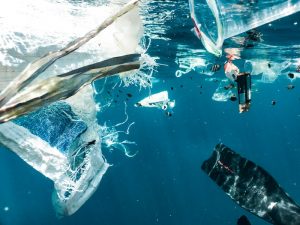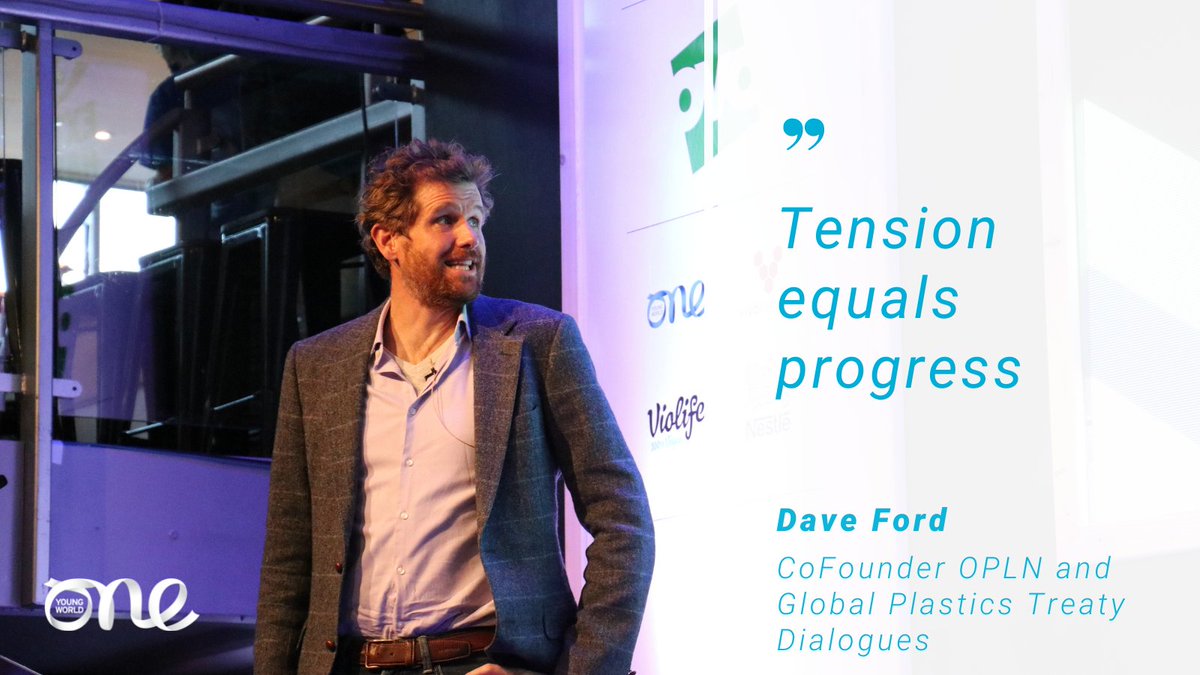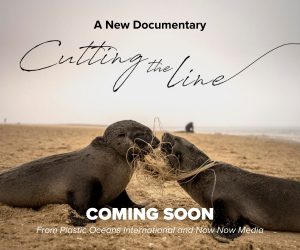NATIONAL DIALOGUE BETWEEN PRIVATE SECTOR, CIVIL SOCIETY AND SCIENCE WILL CONTRIBUTE TO A POSSIBLE GLOBAL TREATY ON MARINE PLASTIC WASTE
Chile will host the initiative, which seeks to gather information and identify positions on the priority aspects of a possible international treaty, from the perspective of companies, NGOs and scientists. Chile is considered one of the regional and international leaders in promoting a circular economy and an innovation driven culture.
Organized by our local Chile branch, Chile will host a multisectoral National Dialogue to reflect and debate about a future “International Treaty on Marine Plastic Waste.” The activity counts on the participation of more than 100 representatives of universities, private sector and organized civil society.
This possible UN treaty on plastic pollution will provide the framework for building significant institutional mechanisms and capacities to improve international coordination and cooperation to resolve this crisis. This initiative joins milestones such as the Ocean Plastics Charter of Canada and Japan, of 2018 and 2019, respectively.
Plastic Oceans Chile aims to end plastic pollution and foster sustainable communities worldwide that incorporate the Circular Economy. They operate from the belief that we can and must act locally to create change globally. They do so through education, activism, advocacy, and science programs; inspiring changes in consumer behavior, corporate practices, and public policy, which together lead to the formation of regenerative communities and a healthier planet for years to come.

Plastic waste floating in the ocean.
Mark Minneboo, executive director of Plastic Oceans Chile, points out: “It is estimated that more than 10 million metric tons of plastic enter the ocean each year. It is urgent that we change our relationship with this material and how we use it. Achieving a circular plastic economy is crucial to make better use of raw materials, reduce waste, address climate change and loss of biodiversity. This national dialogue is a first step to “feed” the negotiations on this treaty from the point of view of non-governmental sectors and to build awareness of a global policy that complements and reinforces the national actions of governments, industry and civil society”.
Minneboo adds the need to innovate at unprecedented speed and scale into new business models, product design, materials, technologies, and new ways of consuming and using products. “The development of an international treaty seeks to accelerate through synergistic and global actions, the reduction of plastic waste and the pollution it generates; calling for multisectoral participation on plastic pollution, so that governments coordinate actions and policies that can catalyze a global effort and evolve towards a circular economy for plastics. Thus, it establishes a framework for governments and companies to move decisively and in the right direction, that of sustainable development, unifying standards and systems”.
Critical elements of the new treaty aim to harmonize regulations and common definitions across markets, clarify national plans and objectives, report metrics and methodologies along the plastic value chain, and coordinate investments in infrastructure and innovation in key markets and compensation for damage caused to ecosystems. Negotiating a global treaty marks a new stage in which the imminent investment in all countries is discussed through a mechanism that allows financing innovations especially in developing nations, which do not have the capacities or infrastructure to keep plastic in the economy and out of the environment.

Dave Ford, founder of OPLN,
Dave Ford, founder of the Ocean Plastics Leadership Network (OPLN), says that: “Chile is a regional and international leader with a proven dedication to furthering the circular economy and a culture of driving innovation. By pioneering the Country Dialogues in Chile, we can demonstrate how stakeholders can come together at the national level to drive global momentum on a treaty across Latin America and the world. OPLN is proud to be partnering with Plastics Oceans Chile and Chilean stakeholders across the plastics value chain.”
Global plastic production exceeded 450 million metric tons in 2018 and is projected to triple by 2050. A third of plastics is disposed of in the environment and more than 150 million metric tons have already accumulated in the ocean since the fifties. Mark Minneboo maintains that: “Currently, 137 countries have regulations for single-use plastic, as is the case in Chile. In the last 5 years alone, the number of countries regulating single-use plastics has doubled, being a positive sign. However, the legislative decisions that correspond to the State are only one side of a multifactorial problem that requires actions by other actors of the ecosystem, such as industry, academia and organized civil society.”
The National Dialogues are supported by the following organizations: Chilean Ministry of the Environment (MMA), WWF Chile, Acción Empresas, the sustainable consumers association, Circular, Master on Environmental Law UDD, among others. For more information and to request and invitation please visit: Diálogos Nacionales Chile.
Mark Minneboo is executive director for Plastic Oceans Chile and regional director for Latin America.


